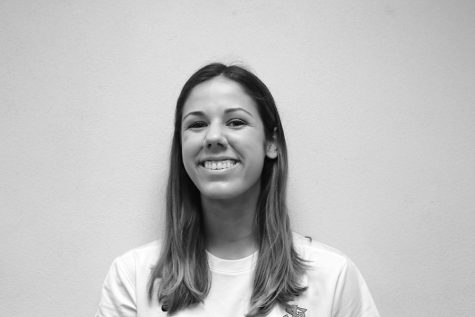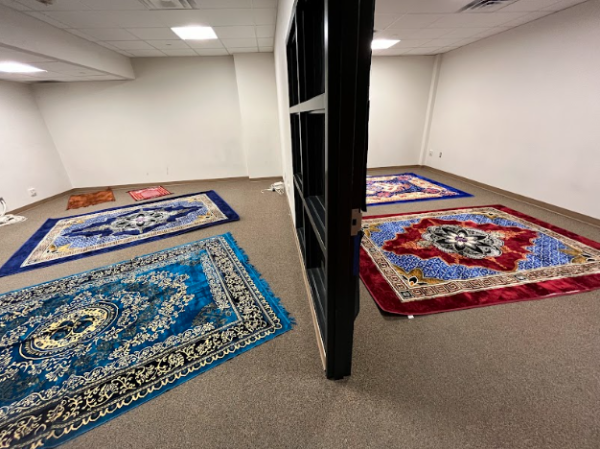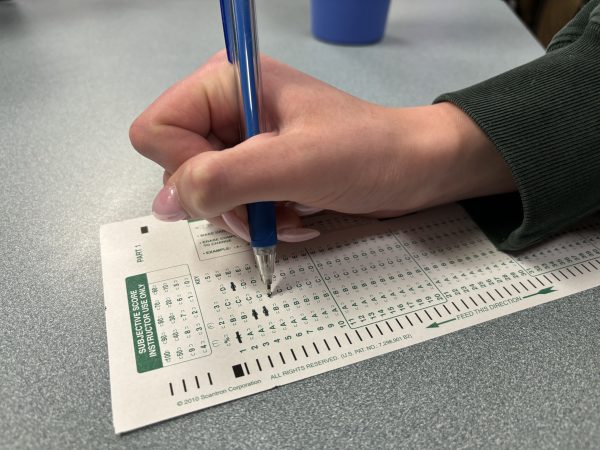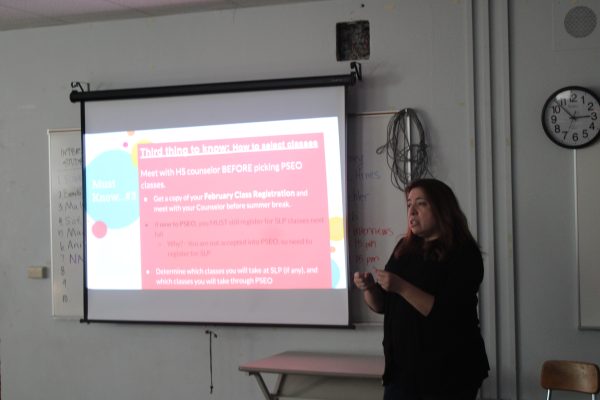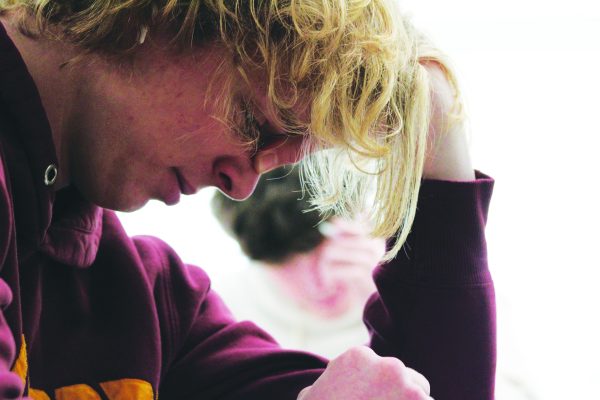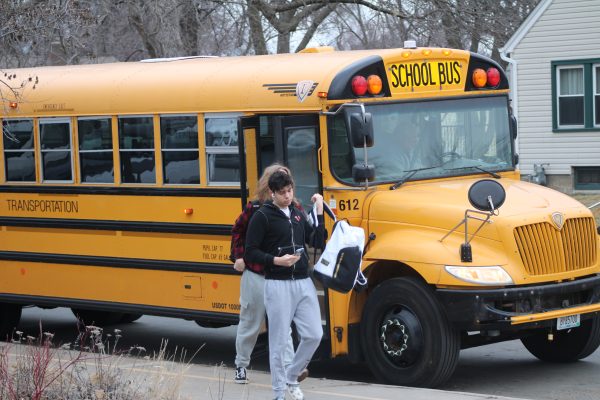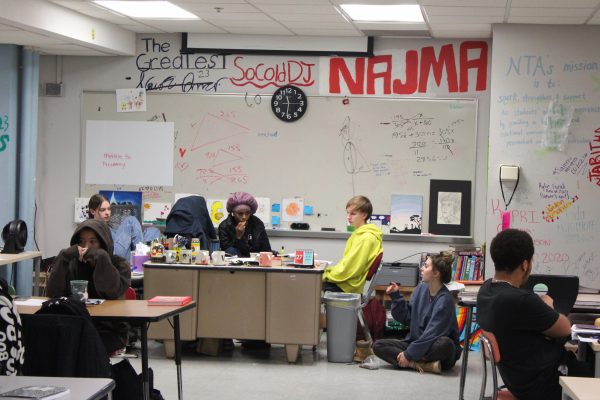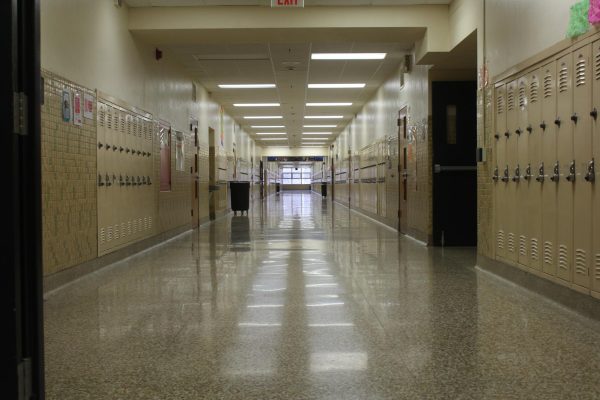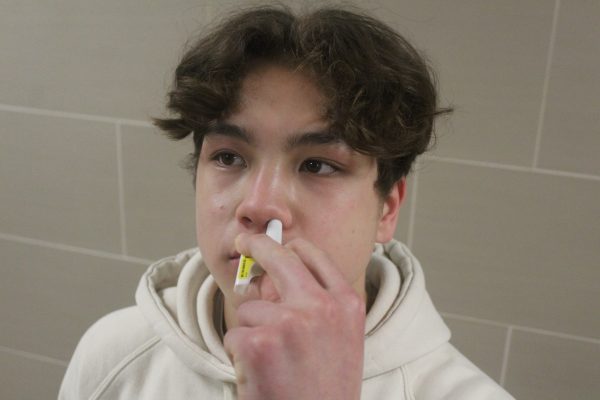Second semester brings modified unexcused tardy practice
Administration emphasizes importance of attendance
January 25, 2017
With the start of the new semester, assistant principal Kari Schwietering announced changes in Park’s attendance and tardy system.
In a Jan. 23 announcement, Schwietering said while previously students received an unexcused tardy for arriving to class up to 10 minutes late without a pass and an unexcused absence after 10 minutes, students now have five minutes to fit in the unexcused tardy window.
According to Principal Scott Meyers, the announcement mainly intended to refresh students and staff on attendance and pass policies at Park.
“A lot of it is not new. A lot of it is restating,” Meyers said. “The semester is kind of a good time to revisit.”
Schwietering said the feedback the administration received from staff made it realize students should have less time to be considered tardy when arriving late to class.
“When we looked at what the practice was, students were basically having up to 15 minutes in between classes (where they were) still being considered a tardy,” Schwietering said.
Junior Samantha Vonderau said the shortened window for unexcused tardies makes students not want to attend class at all.
“I think it’s kind of stupid because it limits us more. So it makes us not even want to go since it won’t even be partial attendance after only five minutes,” Vonderau said.
Schwietering said she hopes if students and staff create a bond, it will encourage students to attend class.
“My own belief is when students have relationships with teachers, they will choose to go and want to be (in class), and want to be on time,” Schwietering said. “Having connection with teachers and teachers that (have a) relationship with their students is always a great indicator of positive attendance.”
Vonderau said the adjusted practice makes students frustrated and feel like the administration doesn’t care about them.
“They think (the shortened window is going) to help people stay in class but I think it is doing the opposite,” Vonderau said. “It makes us not want to try as hard (to get to class) because they don’t seem to care as much.
According to Meyers, if a student has concerns or special circumstances about their absences or tardies, they should reach out to the administration.
“We are saying ‘hey students, if you have some issues, some factors that you may need to check in, factors that impact your attendance, check in with your grade level coordinator or the student office to seek help there,” Meyers said. “We also know that some attendance issues could have to do with medical conditions or a situation at home, and we want to be sensitive to those pieces too.”
Schwietering said the administration bases decisions on its desire to see students succeed.
“Ultimately, when we make changes it’s in the best interest of kids. We want this to be a place that the kids want to be here, want to be in class, and our hope is that that will help for academic success,” Schwietering said.




